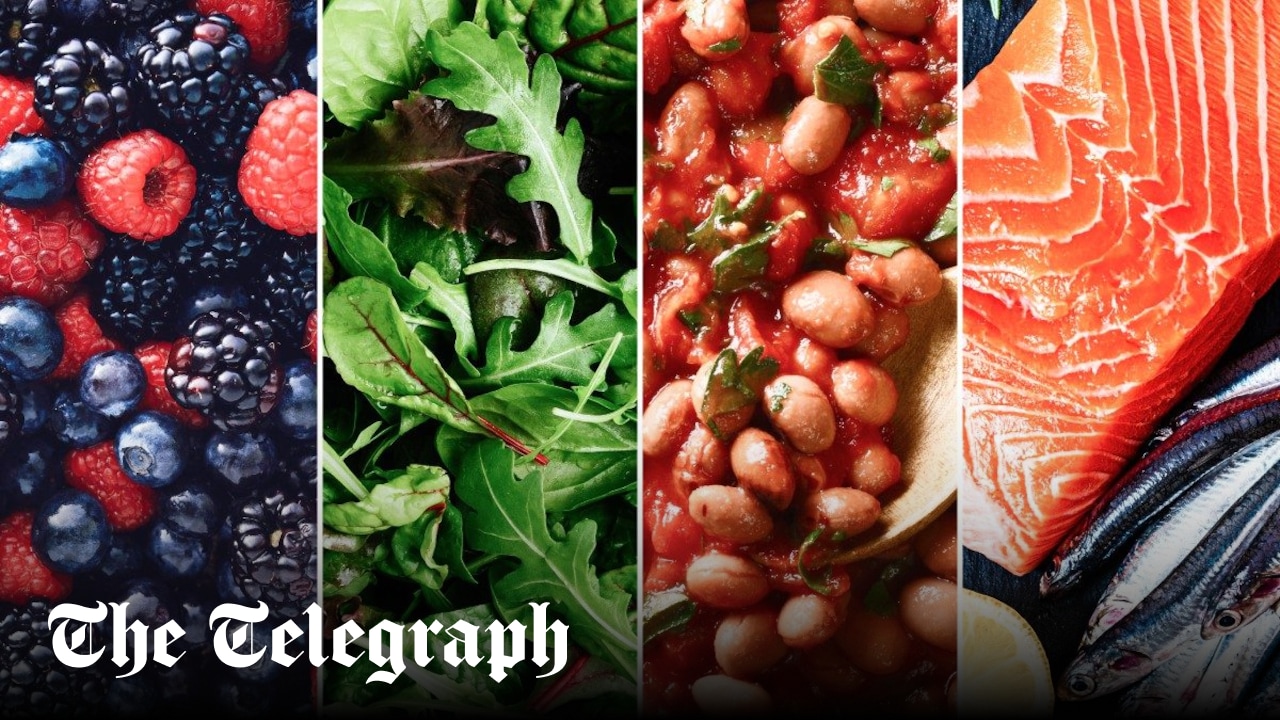
From our late 50s, we lose around half a per cent of our brain volume per year. “This shrinking is associated with not being as sharp as you used to, being a little bit more forgetful – you’re still able to take care of yourself – but the slowing down of those cognitive abilities,” Wilson explains.
However, research suggests that eating a small, cereal bowl-sized portion of leafy green vegetables every day – think spinach, kale and chard – from the age of 58 slows cognitive decline. People who ate the most greens (an average of 1.3 portions per day) had brains that were equivalent to 11 years younger than those who ate the least (0.1 portions daily), which is thought to be down to them retaining more of their brain volume, Wilson says.
“The compounds in leafy greens can slow brain ageing to such an extent that people who regularly eat them have much better cognitive function, fewer areas of damage and a larger hippocampus – the part of the brain that is the seat of memory,” she says.
It is thought this is down to two compounds in green vegetables, lutein and zeaxanthin, which have been shown to reduce oxidative stress, which damages brain tissue.
Levels of these chemicals are 50 per cent lower in the brain’s of people who have Alzheimer’s when they die, compared to those who have healthy brains at death, she says.
“If you can only do one thing for brain health, I would start with eating more greens,” she says. “It doesn’t have to be a salad – the vegetables can be stirred into a soup, added to a juice, blended into pesto – anywhere you get green in, it seems to be helpful.”
